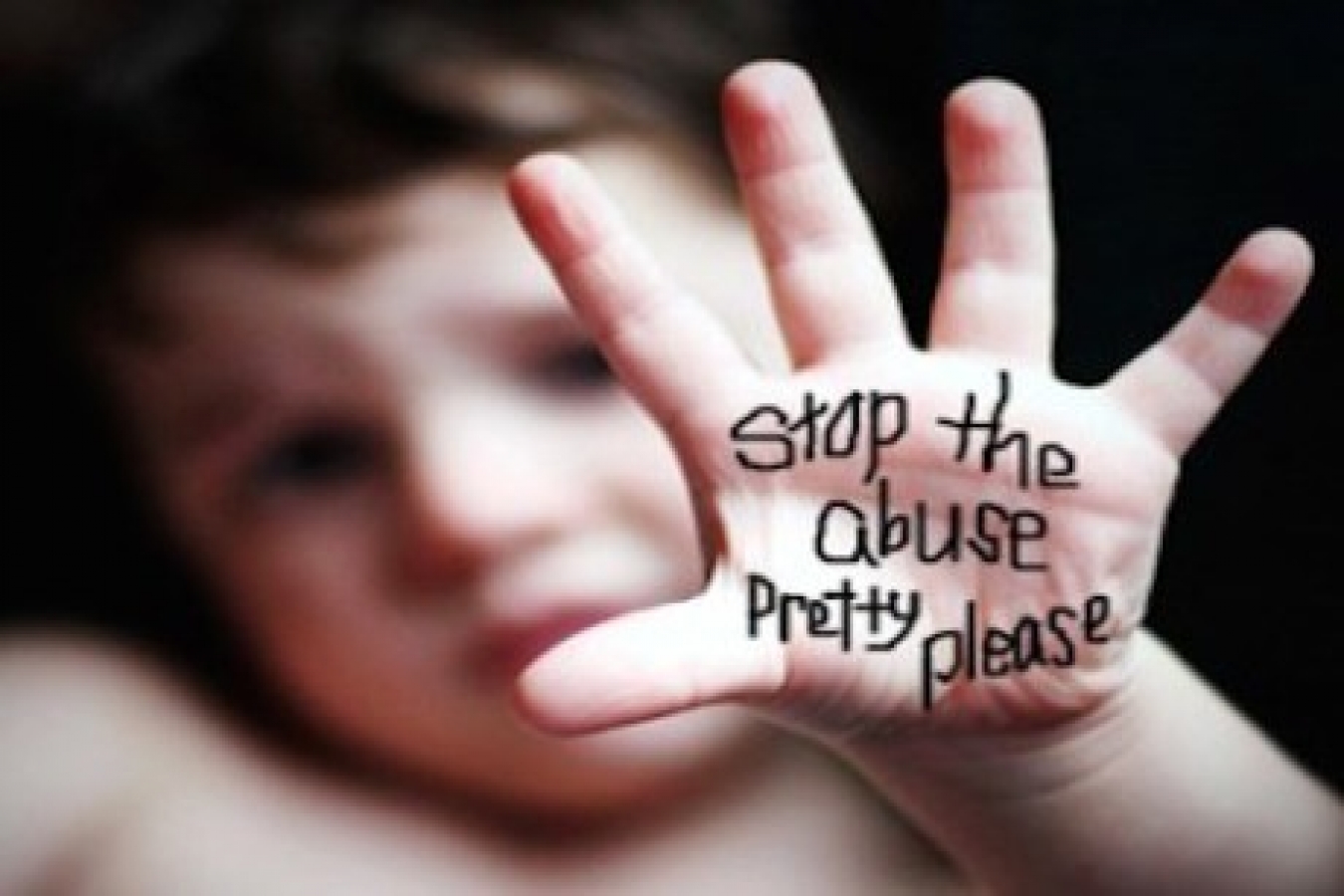


 5:35:45
5:35:45  2018-05-14
2018-05-14  1532
1532

If someone uses physical, emotional, sexual or financial behaviours to control the person they are in a relationship with, or an ex; that's domestic violence and it's against the law.
What is domestic violence?
Domestic violence (also known as domestic abuse) is a repeated pattern of controlling behaviours (physical, emotional, sexual or financial) that one person uses over another who they are, or were, in a relationship with.
It can happen between people who are going out together, living together, have children together or are married to each other. It can happen to rich and poor people and people of any gender, race, nationality or sexuality. Women are more likely to be victims of domestic violence than men, but men also experience it too. Domestic violence can also happen when a relationship is over.
Young women aged 16-19 are most at risk of violence from their intimate partners, and young people can also often become involved in domestic violence between adults around them, most likely at home.
How do I know if it's happening?
All families argue, but if any of the following things are happening regularly in your home it could be domestic violence. If you recognise any of these things as happening to you by your partner, this is also domestic violence – whether you live together or not.
Physical abuse:
Emotional abuse:
Sexual abuse:
If you are forced to change the way you behave because you are frightened of your partner's reaction, or you're being intimidated, or physically/emotionally hurt, it is likely that you are suffering domestic abuse.
What can I do?
If these things are happening to you or in your family, remember that you are not alone. Domestic abuse happens in many families and there are organisations that can help you. Everyone has the right to be safe.
To get out of your current sitution, you can take these steps:
Worried about a friend?
If you are concerned that a friend may be suffering at the hands of a partner, they may be feeling very scared and lonely, and they may not want to talk. Don’t judge them - this resource from Refuge offers lots of useful advice on how to support them.
Reality Of Islam |
|

Labor short

A new ultra

Batteries p
 9:3:43
9:3:43
 2018-11-05
2018-11-05
10 benefits of Marriage in Islam
 7:5:22
7:5:22
 2019-04-08
2019-04-08
benefits of reciting surat yunus, hud &
 9:45:7
9:45:7
 2018-12-24
2018-12-24
advantages & disadvantages of divorce
 11:35:12
11:35:12
 2018-06-10
2018-06-10
 6:0:51
6:0:51
 2018-10-16
2018-10-16
 8:30:23
8:30:23
 2022-03-03
2022-03-03
bahlool & the throne of haroun rashid
 8:20:35
8:20:35
 2018-06-21
2018-06-21
al-hussain (peace be upon him)
 10:18:1
10:18:1
 2022-09-21
2022-09-21
 1:16:44
1:16:44
 2018-05-14
2018-05-14
allah will not answer all your prayers
 6:56:28
6:56:28
 2022-01-01
2022-01-01
 7:6:7
7:6:7
 2022-03-21
2022-03-21
 8:19:41
8:19:41
 2018-06-21
2018-06-21
 5:41:46
5:41:46
 2023-03-18
2023-03-18
| LATEST |